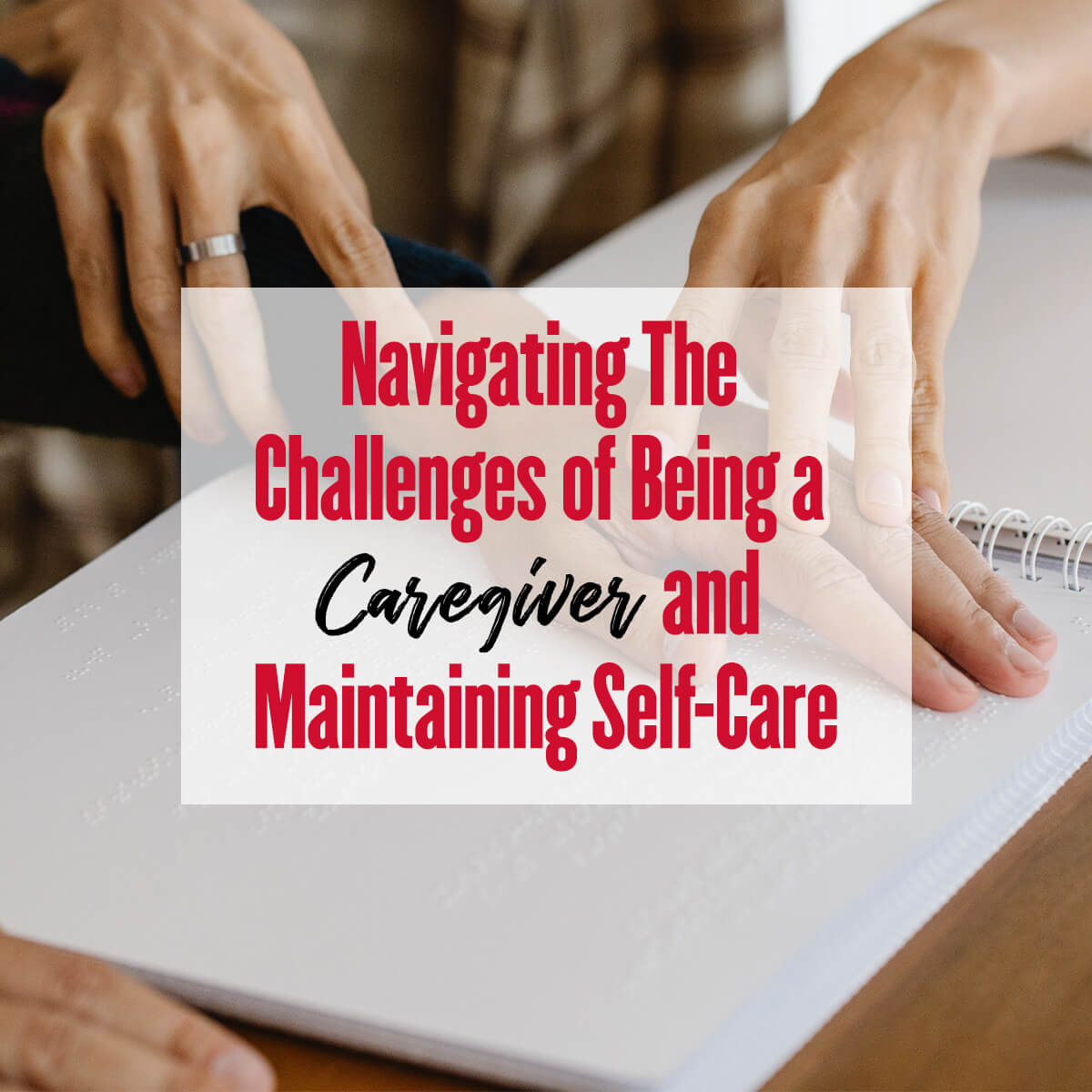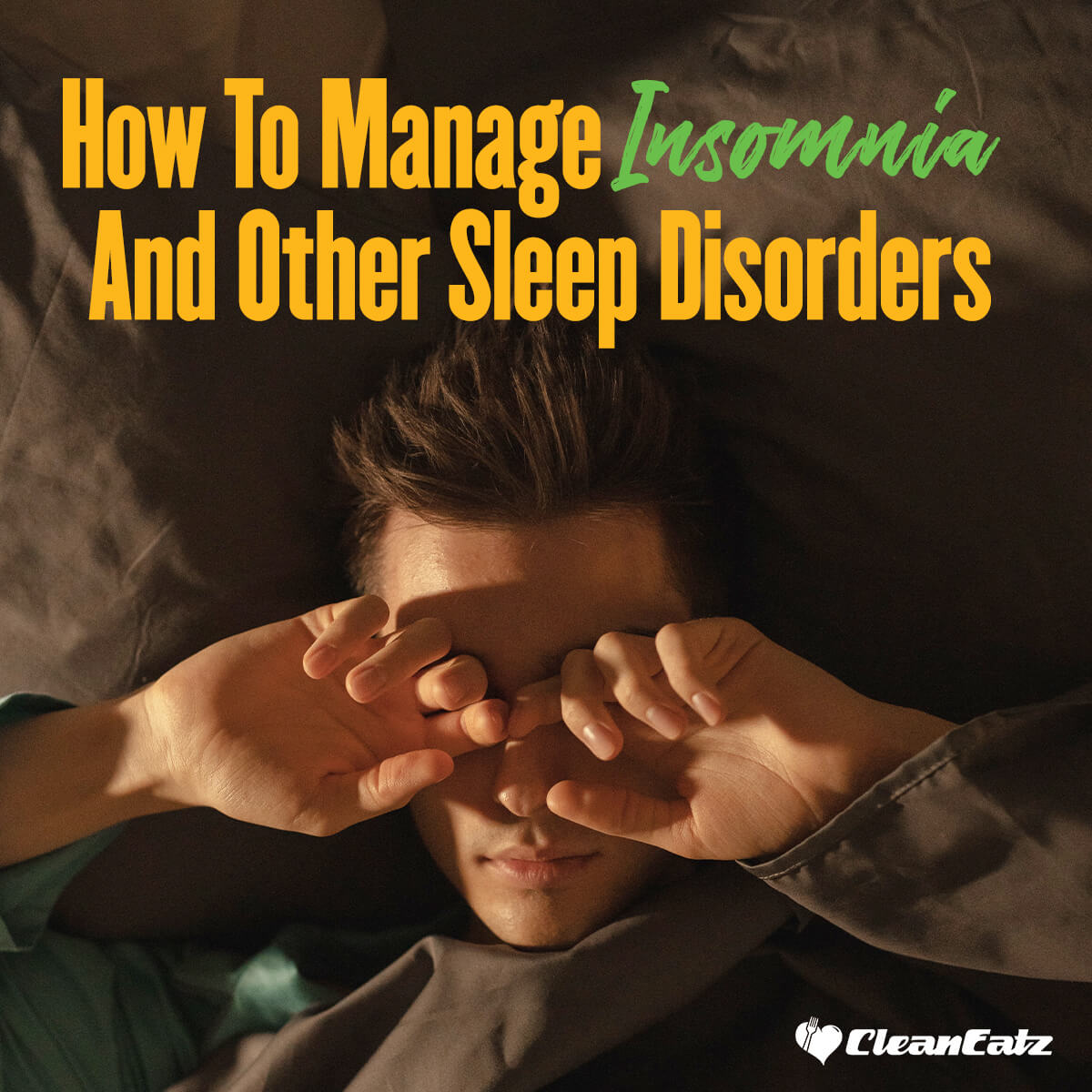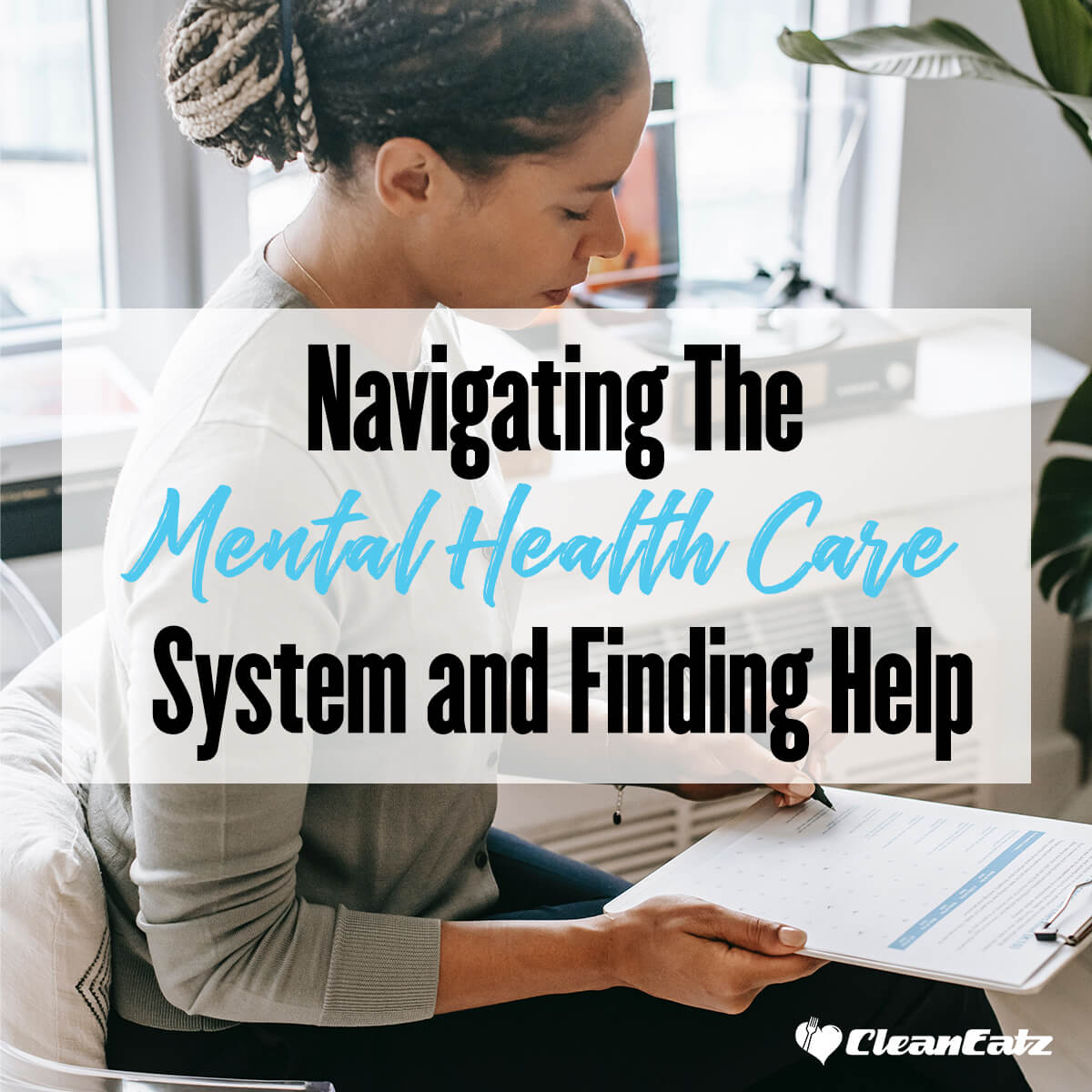
The Benefits of Napping and How to Fit It into Your Daily Schedule
Jason Nista
Mental Health
|
Sleep
10 minute read
You're probably familiar with the saying, "I'll sleep when I'm dead." But did you know that's not actually the healthiest attitude to have? In fact, if you don't get enough sleep, you're doing your body a disservice—and that includes napping.
Don't get us wrong, we're not saying that you should skip out on nighttime slumber altogether. We're just here to tell you that there's nothing wrong with taking a quick snooze during the day. In fact, there are quite a few benefits to be had from squeezing in a nap.
If you're on the fence about taking a nap, or if you just don't know how to make time for one in your busy day, read on. We've got all the info you need to make napping work for you.
What Is Napping?
Napping is a quick and easy way to get some rest and rejuvenation during the day. It's a brief respite from the hustle and bustle of the world, and it can help refresh your mind and body.
Napping is not only incredibly beneficial, but it's also very easy to fit into your day. You can nap almost anywhere, and there are lots of different ways to make time for a nap.
Benefits of Napping
Napping may seem like a luxury, but it's actually an important tool for optimizing your physical and mental health. From boosting energy and alertness to improving mood and enhancing creativity, napping has a number of powerful benefits that can help you perform at your best throughout the day. Whether you're a busy professional or just looking to get a better night's sleep, incorporating napping into your daily routine can have a major positive impact on your overall well-being.
1. Boosts Energy and Alertness:
One of the most obvious benefits of napping is that it gives you a quick energy boost and helps you feel more alert. A 20-minute nap has been shown to immediately increase alertness and improve cognitive performance. So, next time you feel yourself flagging in the middle of the day, consider taking a nap instead of reaching for another cup of coffee!
2. Improves Mood:
Napping can also help improve your mood. A nap has been shown to decrease feelings of stress and anxiety and increase feelings of happiness and calm. So, if you're feeling grumpy or irritable, a nap might be just what you need to turn your day around.
3. Enhances Creativity:
Believe it or not, napping can also boost your creativity! Studies have shown that taking a nap can help activate the part of the brain responsible for creative problem-solving, making you better equipped to tackle complex tasks and come up with innovative ideas.
4. Increases Productivity:
By taking a nap, you're giving your brain a much-needed break and allowing it to recharge. This can result in increased productivity and better focus when you return to work. In fact, many successful people, such as Napoleon Bonaparte, Thomas Edison, and Albert Einstein, are known to have incorporated napping into their daily routines to boost their productivity.
5. Boosts Memory:
Napping has also been shown to improve memory retention and recall. During a nap, your brain goes into a state of deep relaxation, which allows it to process and consolidate information more effectively. So, if you're trying to learn something new, consider taking a nap to help improve your memory.
6. Improves Physical Performance:
Napping isn't just good for your brain; it's also good for your body! By taking a nap, you can help improve your physical performance and reduce fatigue. This is especially important for athletes, who need to be physically and mentally at their best.
7. Supports Overall Health:
In addition to its other benefits, napping has also been shown to support overall health. So how are sleep and health interconnected? By taking a nap, you're giving your body a chance to rest and recharge, which can help boost your immune system and reduce the risk of certain health problems, such as heart disease and diabetes.
8. Promotes Longer Lifespan:
Last but not least, napping has also been shown to promote a longer lifespan. Studies have found that people who nap regularly tend to live longer, healthier lives than those who don't. So, if you're looking to extend your lifespan, consider making napping a part of your daily routine.
And there you have it! The benefits of napping show the importance of incorporating this simple practice into your daily routine. Whether you're looking to boost productivity, improve memory, or simply support your overall health, a quick nap can help you get there.
How to Time Your Naps
It can be tough to make time for napping during your busy day, but it's worth it. Here are some tips for timing your naps:
1. Nap for 10 to 20 minutes. This is the perfect length of time to get a quick burst of energy without feeling groggy afterward.
2. Nap in the early afternoon. This is when your body naturally wants to sleep and you'll be less likely to disrupt your nighttime sleep schedule.
3. Nap in a dark, quiet room. This will help you get the most out of your nap and avoid feeling groggy afterward.
4. Avoid napping too close to bedtime. If you nap too close to bedtime, you might have trouble falling asleep at night.
How to Fit Napping Into Your Schedule
There is a significant link between sleep and mental health. Napping is a powerful tool for improving your physical and mental well-being, but it can be difficult to fit into a busy schedule. Whether you're a working professional, a student, or simply have a lot of responsibilities, finding time to nap can be a challenge. But with a few simple tips and tricks, you can make napping a regular part of your routine and reap the benefits of this restful practice.
Find a Quiet and Comfortable Spot:
To get the most out of your nap, finding a quiet and comfortable spot where you can relax and recharge is important. Whether you choose to nap at home, in your office, or in a park, make sure you choose a location that's free from distractions and conducive to sleep.
Determine the Best Time for Your Nap:
Everyone is different, so it's essential to determine the best time for your nap. Some people find that napping in the morning works best, while others prefer to nap in the afternoon. Experiment with different times of day to see what works best for you, and stick to a schedule that allows you to get the most out of your nap.
Make it a Daily Routine:
Incorporating napping into your daily routine is key to getting the most out of this restful practice. Whether you nap for 20 minutes every day or take a long nap once a week, making napping a part of your regular routine will help you stay focused, energized, and healthy.
Keep it Short (20-30 minutes):
Napping for too long can leave you feeling groggy and disoriented, so it's essential to keep your naps short and sweet. Aim for a 20-30 minute nap, which has been shown to be the most effective for boosting energy and alertness.
Don't Nap Too Late in the Day:
If you nap too late in the day, it can interfere with your ability to get a good night's sleep. To avoid this, try to rest earlier in the day, or if you must nap in the afternoon, try to do so at least a few hours before bedtime.
The Importance of Sleep Hygiene
Now that you’ve seen just how beneficial napping can be, let’s talk about how to make sure you get your best nap. Sleep hygiene is a big part of getting quality rest and should not be underestimated. After all, a nap as magical as it sounds will only get you so far if you don’t have good sleep habits.
Firstly, pay attention to your bedtime routine. Try to keep a consistent sleep schedule and avoid screens before bed or while napping. Secondly, temperature matters—your room should be dark and cool – between 62-68 degrees is optimal for most people. Finally, think about your sleep environment—a comfortable mattress and pillow that allow for maximum comfort will ensure you’re able to really settle in for an effective snooze session.
Helpful Tips to Get the Most Out of Your Nap
Napping can be a great way to take a break and recharge, but it’s important to do it the right way. Here are some helpful tips to get the most out of your nap:
- Set an alarm. Napping for too long can make you groggy, so set yourself an alarm for 20-30 minutes max so you don’t overdo it.
- Keep your routine. If possible, try to nap at the same time each day so you can get into a rhythm and maximize its effectiveness.
- Make sure you’re comfortable. Find the right spot - a comfortable chair or bed - that will let you relax into your nap.
- Avoid caffeine beforehand. Unfortunately, chugging down espresso right before hitting the hay isn't going to help you get a good rest, so try to avoid coffee or tea at least 2 hours prior to napping.
Following these tips should help you have more productive naps, setting up your body and mind for greater efficiency throughout the day
So, if you're looking for a way to improve your productivity, creativity, and mood, consider adding a nap to your day. Just be sure to schedule it, find a comfortable spot, and avoid caffeine and alcohol before napping. With a little practice, you'll be on your way to enjoying all the benefits napping has to offer.
In order to ensure effective naps, you also need to make sure that you’re following a proper diet plan. This is where Clean Eatz Kitchen comes in! We offer a huge variety of some of the best meal plans to ensure a constant supply of essential nutrients to your body.
Final Thoughts
Napping is a powerful tool for improving your physical and mental well-being. From boosting energy and alertness to enhancing creativity and memory, the benefits of napping are numerous and undeniable. And with a few simple tips for fitting napping into your busy schedule, you can make this restful practice a part of your daily routine. So why not give it a try today? You may be surprised at just how much better you feel after a quick nap. So go ahead, take a nap, and let your body and mind recharge and rejuvenate!
FAQ
Is it good to take a nap every day?
Yes, taking a short nap (20-30 minutes) daily can help boost your alertness and productivity without disrupting your nighttime sleep patterns.
Why is napping good for you?
Napping enhances mood, sharpens cognitive function, and reduces stress. It's a quick and natural way to recharge your energy and improve overall well-being.
Is a 30-minute nap beneficial?
Absolutely, a 30-minute nap, often called a "power nap," can refresh you without causing grogginess, making it an excellent choice for a quick daytime energy boost.
What is the 30 90 rule for naps?
Naps should ideally last 30 to 90 minutes. Shorter for quick energy, longer for memory and creativity.
Are naps good for testosterone?
Yes, but consistent nighttime sleep is more crucial for hormone regulation. Naps help with sleep deprivation.
Related Articles
How To Manage Insomnia And Other Sleep Disorders
6 minute read
Navigating The Mental Health Care System and Finding Help
11 minute read



